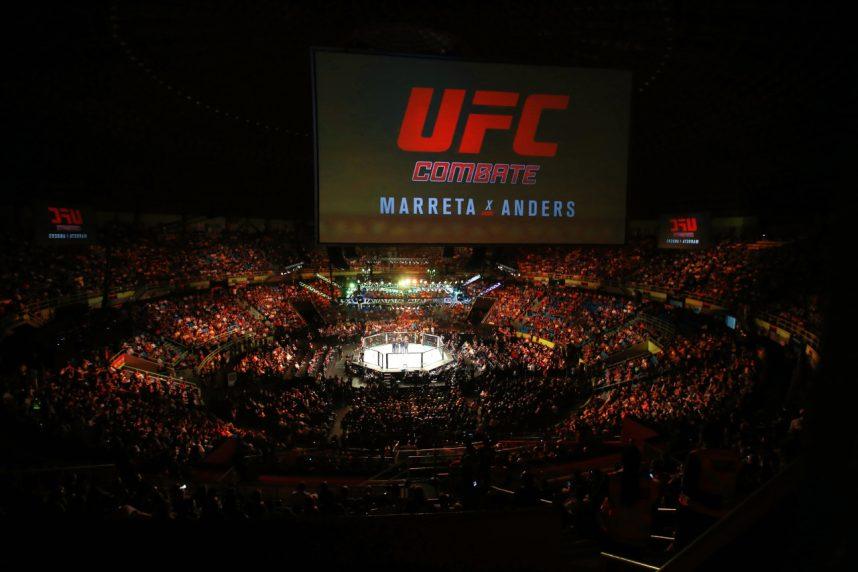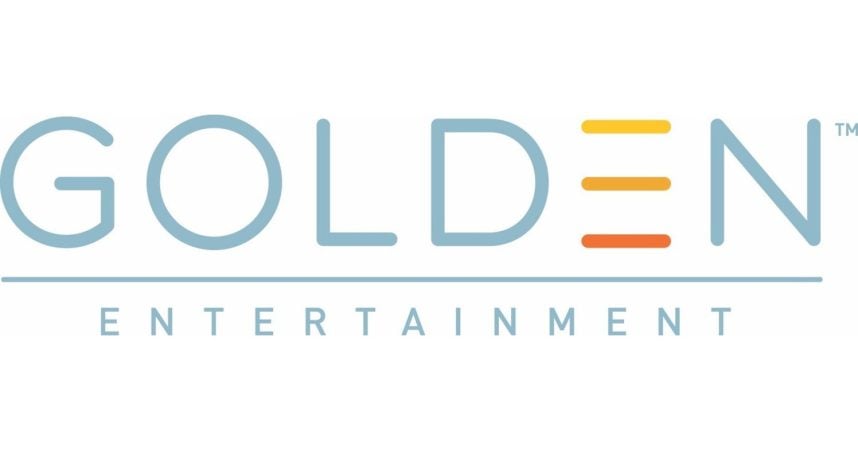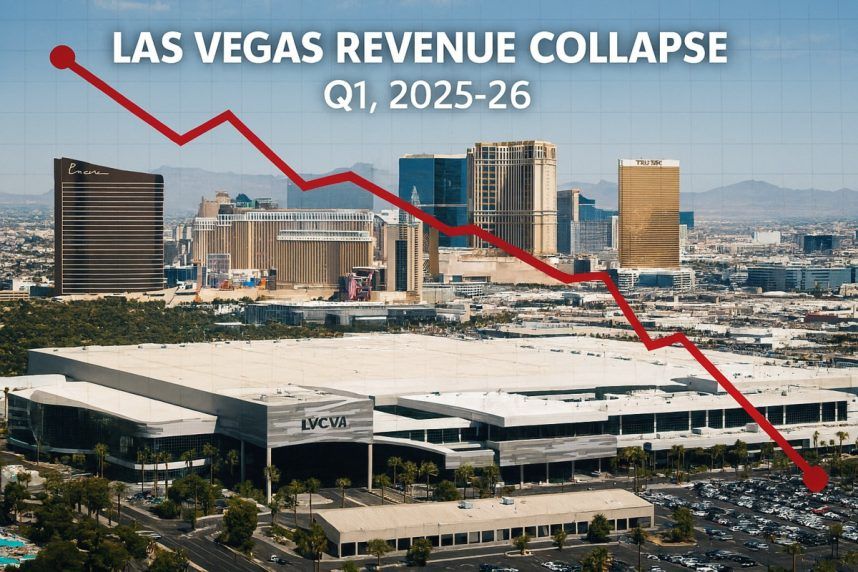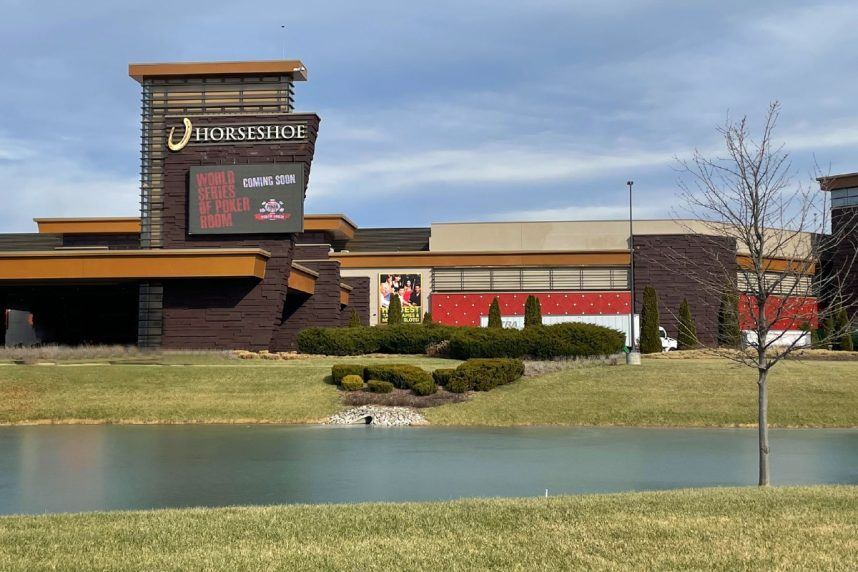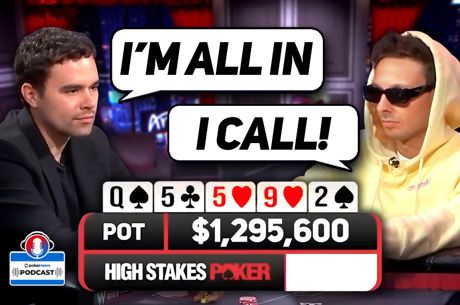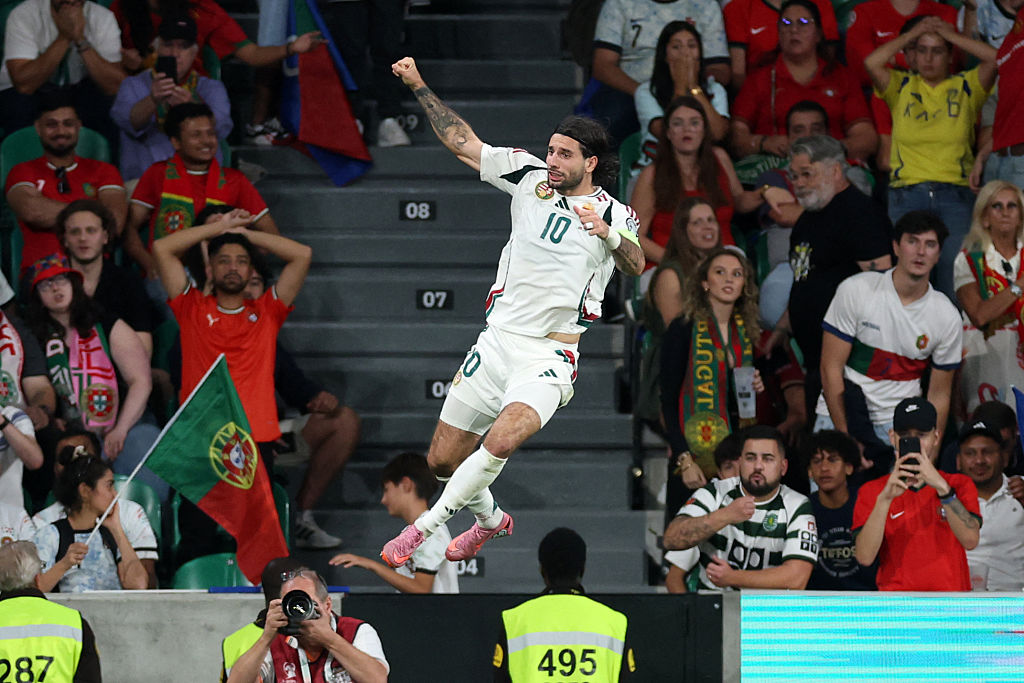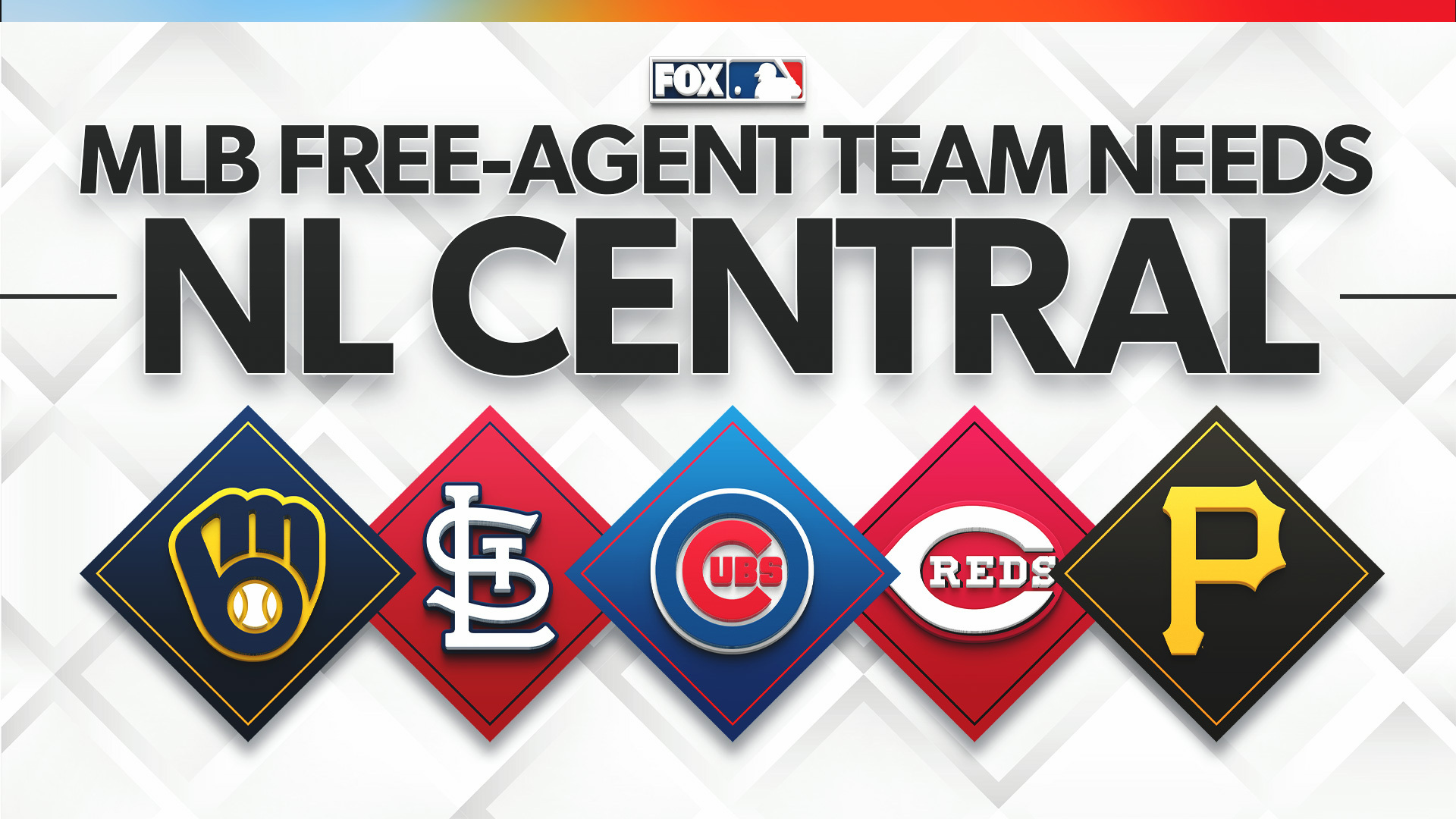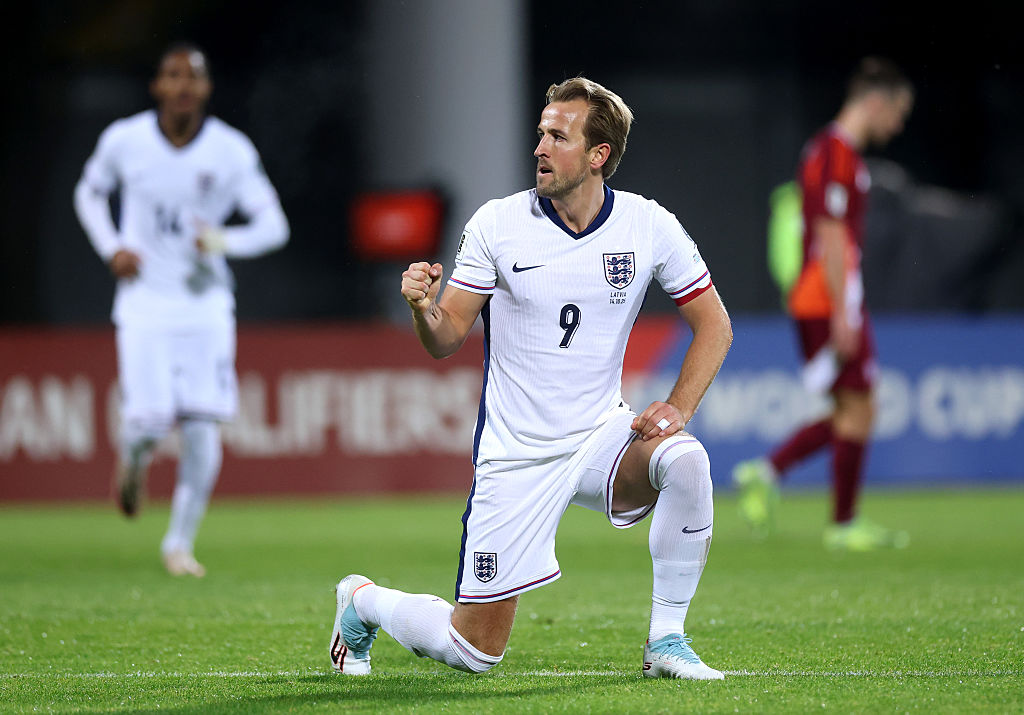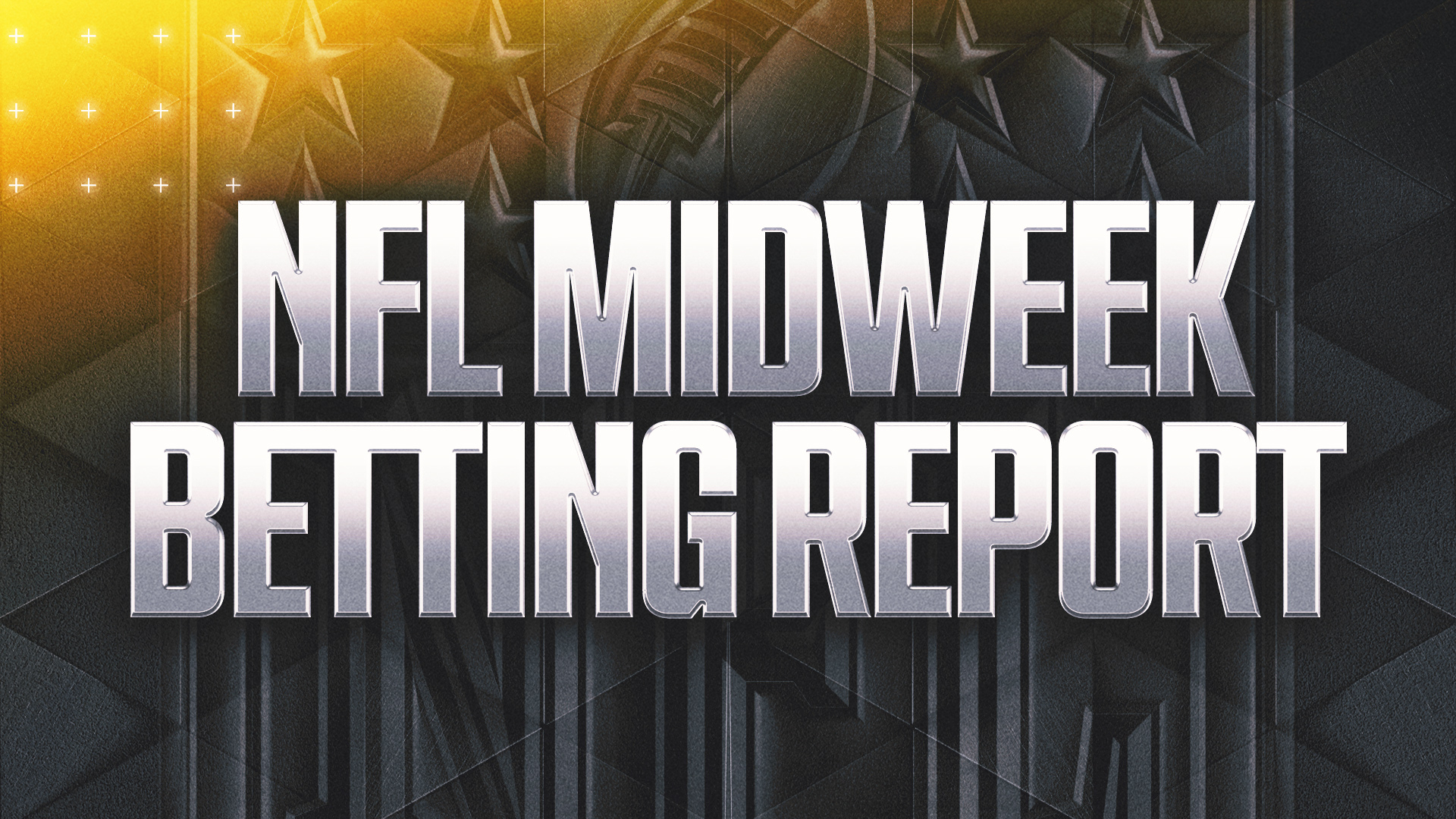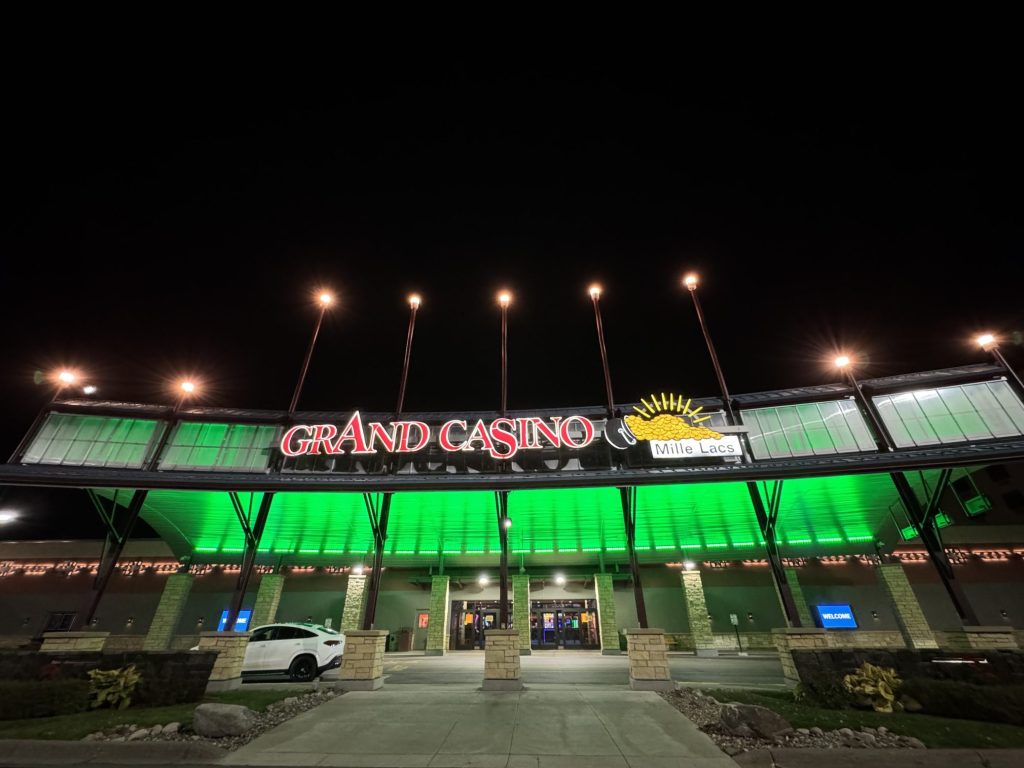- Pennsylvania lawmakers folded on discussions to increase online sports betting taxes
- The gaming industry campaigned against the tax hikes
Efforts in Pennsylvania to partially fund higher spending by raising taxes on certain forms of gambling were ditched ahead of the General Assembly signing off on a $50.1 billion budget for the 2025-26 fiscal year.
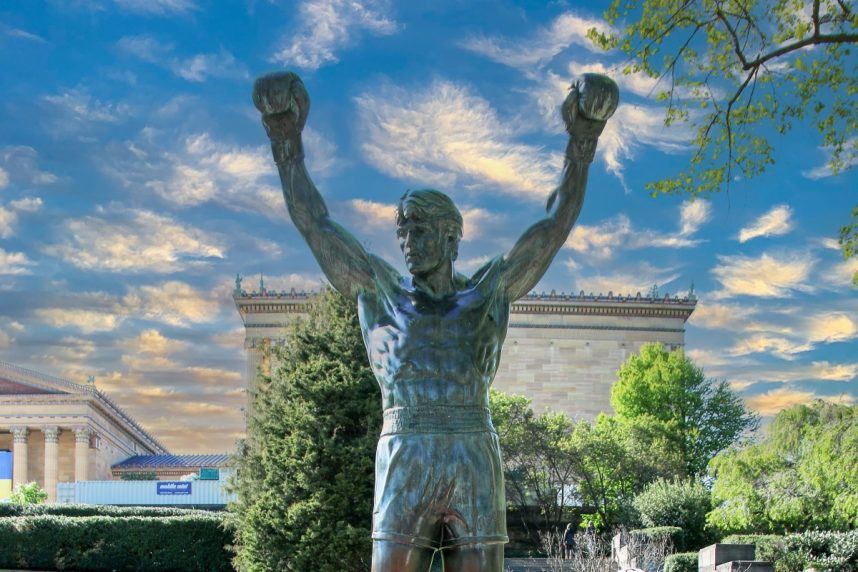 The “Rocky” statue is pictured in front of the Philadelphia Museum of Art. Sports betting taxes in Pennsylvania won’t increase after state lawmakers passed a budget without higher rates on oddsmakers. (Image: Shutterstock)
The “Rocky” statue is pictured in front of the Philadelphia Museum of Art. Sports betting taxes in Pennsylvania won’t increase after state lawmakers passed a budget without higher rates on oddsmakers. (Image: Shutterstock)Earlier this month, rumors emerged that closed-door talks in Harrisburg were about possibly increasing the state’s take of online sports betting revenue. Online sportsbooks currently share 36% of their net win with the state. They additionally pay a 0.25% federal excise tax on each bet.
With Gov. Josh Shapiro (D) unyielding in his mission to increase funding for needy public schools and extend the tax credit for working low-income and middle-class families, the politically divided General Assembly sought new revenue sources.
Gaming Tax Hikes Avoided
Upon hearing that the Republican-controlled Pennsylvania Senate and Democratic-led House of Representatives were mulling tax hikes on mobile sports wagering, the gaming lobby gathered and quickly funded a $10 million political action campaign. Pennsylvania sportsbooks ran television and radio ads urging the public to contact their lawmakers and tell them to avoid sports gambling tax increases.
Sportsbooks argued that they are small-margin businesses, and the 36% tax is already substantial. They claimed further increases would lead to fewer customer promotions and incentives, and push some bettors back to illegal, offshore online sportsbooks.
The campaign seemingly worked, as state lawmakers left online sports betting alone.
Pennsylvania has among the highest online sports betting tax rates. Only New Hampshire, New York, and Rhode Island at 51%, and Delaware and Illinois at 50%, levy higher rates. States with the lowest tax rates on oddsmakers include Nevada and Iowa at 6.75%, Michigan at 8.4%, and Indiana at 9.5%. No other state taxes sportsbook revenue below 10%.
Illinois has continually raised its effective tax on sportsbooks. The state launched sports betting with a 15% tax in 2024. Along with the 50% levy today, Illinois charges a 25-cent fee on every bet an operator takes. After 20 million bets, the surcharge climbs to 50 cents.
Higher taxes on Pennsylvania’s medicinal marijuana program were also considered, though that so-called “sin industry” also escaped the budget talks unharmed.
“In a divided legislature, we proved once again that Democrats and Republicans can come together to get stuff done for the good people of Pennsylvania — cutting taxes, investing in education and workforce development, supporting law enforcement and reducing crime, and keeping our economy growing,” said Shapiro.
Pennsylvania Sports Betting
Gaming revenue from sports betting in Pennsylvania has leveled off in recent years. Oddsmakers won $491.9 million in the state’s 2022/23 fiscal year, $486.5 million in 23/24, and $487.6 million in 24/25.
Through nine months of 2025, bettors have staked $6,101,971,364 on sports, both in-person and online. That’s up 6.4% from 2024, when bettors risked $5,734,367,057 from January through September. Bets are up by more than $367.6 million.
The post Pennsylvania Sports Betting Taxes Untouched as Lawmakers Pass $50.1 Billion Budget appeared first on Casino.org.

 - Casino.org_ - www.casino.org.png) 1 hour ago
4
1 hour ago
4





